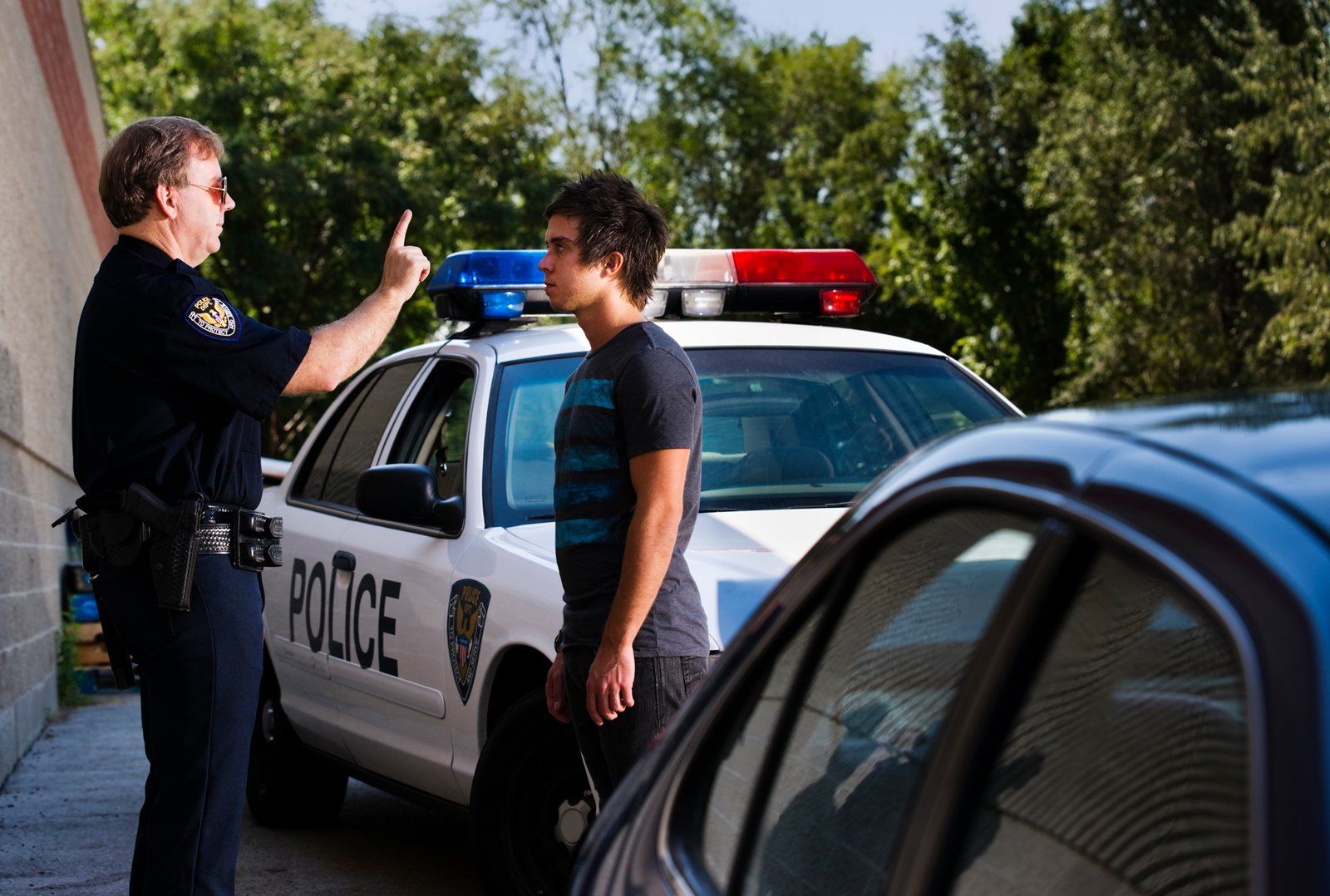Facts about driving under the influence of marijuana in Colorado

What you need to know about DUIs and Marijuana charges.
As the Colorado marijuana laws have changed, so has the amount of tickets given for possession of drugs and driving under the influence of marijuana. Many areas have instated local police task forces in an attempt to better regulate the driving laws related to marijuana use and the result has been a dramatic increase in both legitimate and questionable prosecutions.
What is the legal limit?
According to Colorado law, you are considered under the influence of drugs if there are 5 nanograms of THC per millimeter of blood in your body. Unfortunately, there are not a lot of reliable ways to test for this and the lack of resources can lead to a lot of false reports and arrests.
How does law enforcement currently test?
The current system requires law enforcement to provide a DRE (drug recognition evaluator) to conduct a series of roadside tests. This is very similar to the roadside tests you are asked to take for an alcohol related DUI or DWAI offense, only officers undergo specific training for drug recognition to be allowed to administer the tests. Most of the time, the officer will also request a blood test if he/she suspects you are under the influence.
What happens if I refuse?
The officer will often try to insist that you participate in these tests; however, you are not required by law to participate.
These tests are 100% voluntary. Refusal of the roadside test will usually result in an arrest, where you can submit to a blood test for more accurate results. Though you may refuse the blood test, the result of this is a mandatory one-year license revocation. This is where it is important to enlist the help of an experienced criminal defense attorney in your area. You have the right to remain silent and should always exercise it.
As experienced Grand Junction criminal defense attorneys, we recommend not participating in roadside tests, be it for alcohol related charges or driving while under the influence of drugs. These tests are subject to human error, yet completely admissible in your court case. This information can be used against you regardless of your blood test results and can have an impact on the outcome of your case.
In addition, blood test results often leave a lot of open ended questions, especially where marijuana is concerned. Given the length of time THC stays in the blood stream as well as the various immeasurable strengths of the substance, it can be a challenge for police to identify how much is too much. You could have taken drugs over a week ago and have them still show up in your system during this test.
What should I do?
Hiring the right Grand Junction criminal defense attorney will help ensure your case is thoroughly reviewed. This means evaluating how the DRE was administered, if your rights were violated, what mistakes may have been made during the blood testing procedures, or any other errors made on the part of the police or testing lab. Fighting for your case is what experienced criminal defense attorneys do best. If you are in the Grand Junction area, contact us at LaCroix & Hand for a friendly consultation and protect your legal rights.










